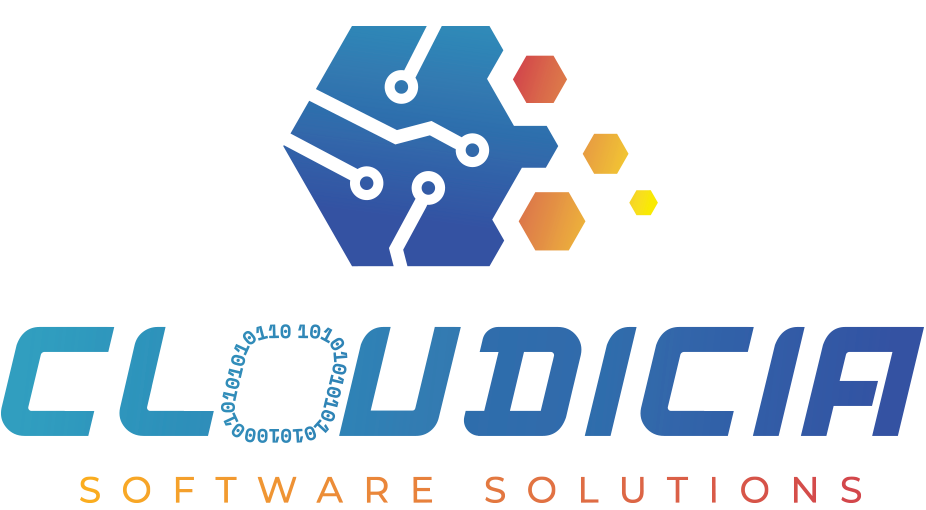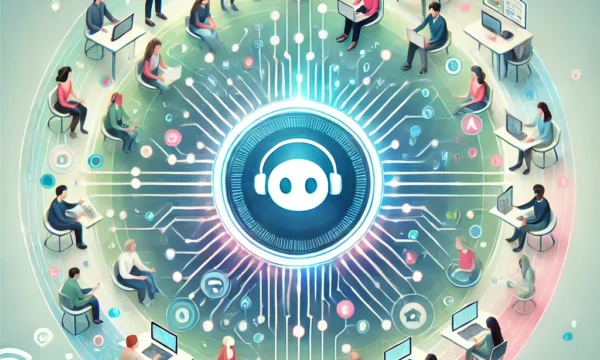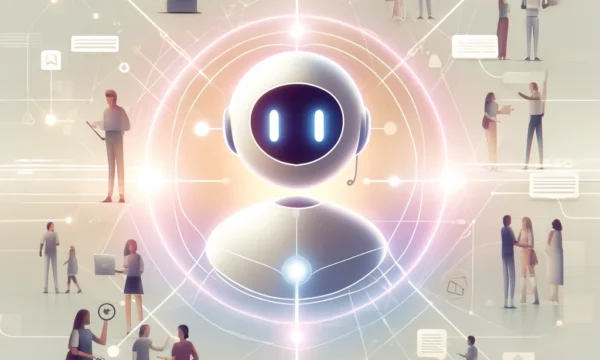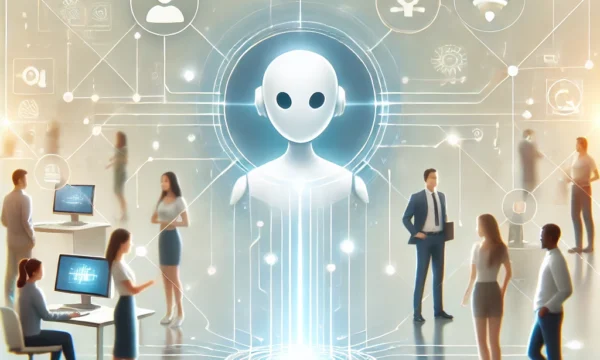The Role of Retrieval-Augmented Generation in Customer Support: Delivering Instant, Personalized Solutions
Introduction
Customer support is no longer just about resolving issues—it’s about creating experiences that leave a lasting impression. Today’s customers expect quick, accurate, and personalized responses, whether they’re troubleshooting a product, asking about a service, or seeking advice. Meeting these expectations at scale, however, is no small feat. This is where Retrieval-Augmented Generation (RAG) steps in, combining the strengths of AI-powered generation with real-time information retrieval to revolutionize customer support.
RAG isn’t just about answering questions—it’s about understanding the context and tailoring responses to meet individual needs, all while staying consistent with up-to-date company knowledge. Let’s dive into how RAG is reshaping customer support, the challenges it solves, and the opportunities it unlocks.
What is RAG, and Why Does it Matter in Customer Support?
-
Retrieval-Augmented Generation is an AI approach that retrieves relevant information from a knowledge base or external source and uses it to generate a personalized, context-aware response. Unlike traditional AI models that rely solely on pre-trained data, RAG can access up-to-date and specific information, ensuring the accuracy and relevance of its answers.
This matters in customer support because the landscape is dynamic:
- Knowledge bases are constantly updated with new product information, policies, or troubleshooting guides.
- Customer queries are unique and often context-specific.
- Response times and personalization can directly impact customer satisfaction.
By leveraging RAG, customer support teams can ensure that every interaction feels timely, accurate, and tailored to the customer’s needs.
How RAG Enhances Customer Support
- Instant and Accurate Responses Traditional customer support systems often rely on static FAQs or outdated scripts. RAG, on the other hand, retrieves the latest, most relevant information and crafts a detailed response in seconds. Example: A customer asks about the return policy for a specific item. Instead of searching manually or using a generic script, a RAG-powered chatbot retrieves the updated policy and generates a response tailored to that product and region.
- Personalized Interactions Customers value being treated as individuals. RAG combines retrieval with contextual understanding, allowing it to address specific customer needs. Example: A customer complains about a recent service outage. RAG retrieves outage details specific to their area and crafts an empathetic, informative response, providing timelines and alternatives.
- Scalability with Consistency Scaling support often means hiring more agents or relying on pre-defined templates, which can dilute the quality of responses. RAG provides consistent, high-quality answers regardless of volume, enabling businesses to scale support without sacrificing personalization. Example: During a product launch, thousands of customers inquire about features. RAG ensures each response is accurate and consistent, maintaining a positive customer experience.
- Proactive Support RAG can also predict common questions based on user behavior or past interactions, offering solutions before customers even ask. Example: A customer is browsing troubleshooting guides for a specific product. RAG retrieves the most likely solutions and proactively offers assistance.
AI-drivenpersonalized customer support,seamlessand innovative solutions.
Challenges RAG Solves in Customer Support
- Overloaded Support Teams: With RAG, repetitive questions can be handled by AI, freeing up human agents for complex or emotionally sensitive issues.
- Knowledge Gaps: RAG ensures responses are always aligned with the latest company updates, eliminating the risk of outdated or incorrect information being shared.
- Language Barriers: RAG-powered systems can translate and generate responses in multiple languages, making global support seamless.
- Inconsistent Customer Experience: By centralizing and standardizing knowledge retrieval, RAG ensures every customer receives accurate and relevant information.
The Business Benefits of RAG in Customer Support
-
- Improved Customer Satisfaction: Faster, more personalized responses translate into happier customers.
- Cost Efficiency: Automating routine queries reduces the need for additional support agents, cutting operational costs.
- Brand Loyalty: Consistent, high-quality interactions build trust and strengthen customer relationships.
- Insightful Analytics: RAG can provide insights into common customer issues, helping businesses identify trends and improve products or services.






